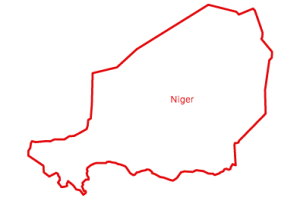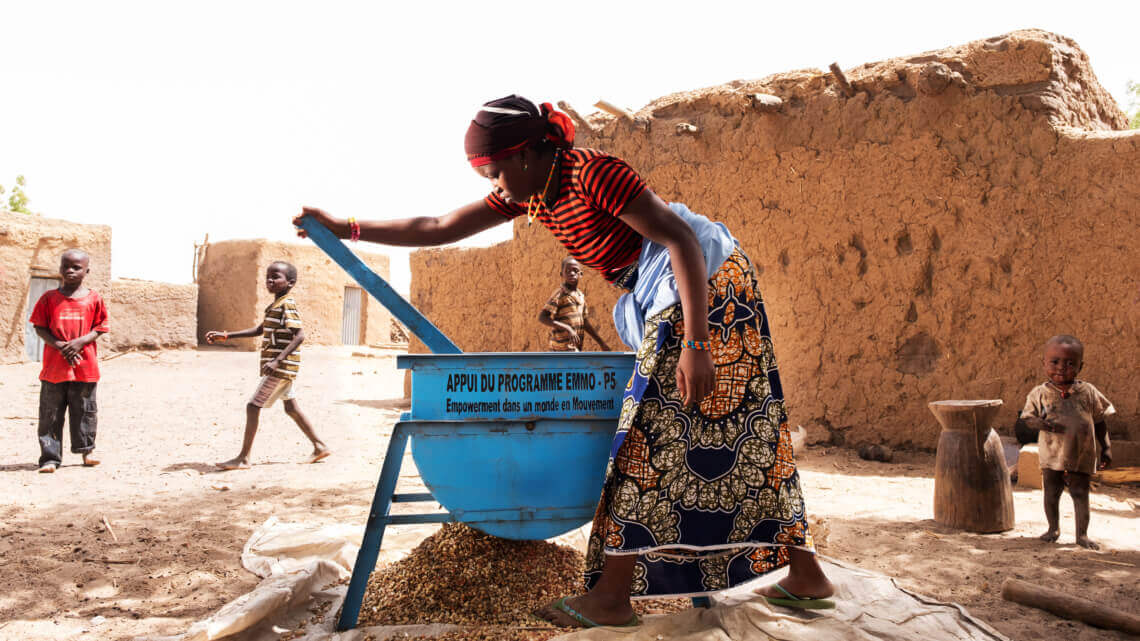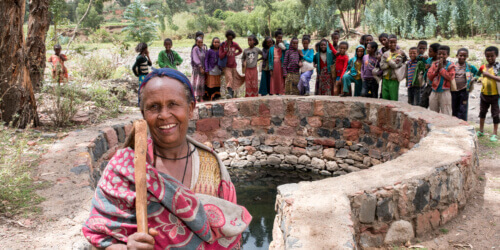
Context: A project involving 7 countries
As part of this five-year project funded by the Belgian Directorate-General of Development Cooperation and Humanitarian Aid (DGD), Caritas International is striving for solidarity, dignity, and resilience. The project is spread across 7 countries, including Niger, and comprises the key themes of nutritional and food security, as well as migration and development. The project was developed through taking into consideration the main concerns posed to the communities of the countries in question. In order to accomplish this, collaboration with local partners is crucial.
In Niger, annual chronic food and nutritional insecurity affects 11-25% of Nigeriens. The regions of Maradi and Zinder are among the most vulnerable, as they face shortages every two years.
Objective: Food and nutritional security
Caritas International will intervene in 32 villages and communes in Goula, Korahane, Droum, and Gafati. The change envisioned by this program is, on one hand, to bring sustainable food and nutritional security to these communities. On the other hand, it is to reinforce and stabilize these very populations, in order to improve their resistance to, among other things, climate hazards and a lack of drinking water.
The project expects to increase and secure the agricultural production of vulnerable households, provide non-agricultural revenue sources to communities that lack access to land, ensure access to village storage facilities, reinforce basic community organizations so that they offer quality services to their members, facilitate access to drinking water, and improve understanding of food and health issues.
Actions
In order to realize these objectives, we will:
- In order to strengthen basic skills within the community: construct and operate cereal banks, structure and organize farmers in groups, unions of groups, co-ops, or unions of co-ops; establish and train Management Committees (COGES), establish literacy centers.
- To support rain-fed farming: establish Rural Field Schools (peer training); distribute animal-drawn plows (UCAs); provide fortified seeds.
- To support vegetable farming: construct market gardening wells and boreholes; distribute irrigation and vegetable seed kits; manage and operate market gardening sites.
- To support household income diversification and growth: implement multifunctional platforms (MFPs); produce peanut oil and cattle cakes; support “habbanaye” (the practice of loaning a cow, goat or other animals to a neighbor or family in need).
- To prevent community-wide malnutrition: provide nutritional education and culinary demonstrations; identify malnourished children; raise awareness of hygiene and essential family practices.
- To promote access to drinking water: create autonomous water posts; create water source management committees; train water source technicians.
Target audience
This project encompasses 32 villages in 4 communes: Goula, Korahane, Gafati, and Droum. We estimate that we will be able to assist 2,500 families.
The planned transformations are largely based on a process of empowerment for households and those in need, aiming to help them develop effective responses to the various challenges they face. The main groups affected by these changes are women (as they are pillars of household management) and children (as they are potential candidates for rural exodus or migration). The changes will also affect agricultural producers in general.
With the support of the Belgian Directorate-General for Development Cooperation and Humanitarian Aid – DGD












